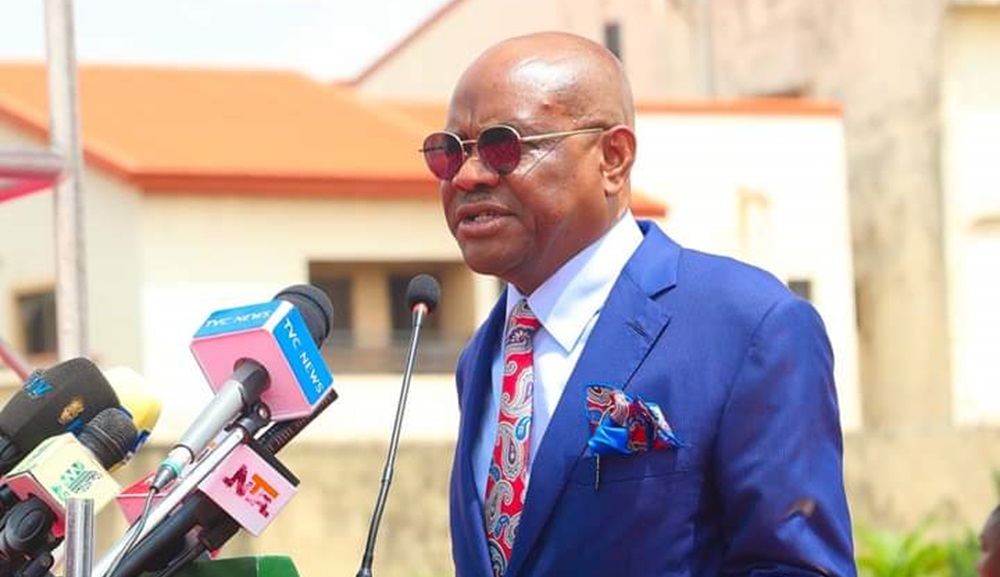Nigeria’s land policy is encapsulated within the framework of the Land Use Act 1978, which states that land cannot be owned by anybody in Nigeria.
Land can only be occupied, therefore the governors, and the president with regards to FCT, are trustees who hold land in trust for all Nigerians.
So, Nigerians don’t own land, rather, they occupy the land, and that’s why they pay rent, and that is the idea behind ground rent. You are paying rent because you are occupying land belonging to the state.
What land allottees have is a Right of Occupancy, as the document is called, which is further consolidated with a Certificate of Occupancy.
- Tinubu in power but not in govt – SDP Presidential candidate
- Court dismisses Emefiele’s application challenging jurisdiction
But why the word occupancy? This tells of the policy thrust of the Nigerian land administration system. It is not a certificate of ownership but that of occupancy.
Some may argue that they built or extract from the land, yes, these are rights to use the land so that’s why you have to pay ground rent.
Sections 16 up to 20 of the Land Use Act speaks about the powers of the governors, in the case of FCT the president, to impose rent on land, and section 28 speaks of revocation, saying the governor, or minister on behalf of the president, has the power to revoke title for non-payment of ground rent, without compensation.
Therefore, to guarantee continuous occupation of their land, people must pay their ground rent as at when due, without demand even. That is what the law stipulates.
But the argument has been that the FCT minister has said that persons that refuse to pay for the cost of issuance of Certificates of Occupancy, their land will be revoked. Some are saying the minister doesn’t have that power, this is a mistake.
Section 9 of the Land Use Act empowers the FCT minister, on behalf of the president, to qualify a right of occupancy with the issuance of a certificate, which is at a cost, separate from the ground rent.
So, non-payment of this empowers the minister to withdraw that certificate, but the lacuna here is that the certificate must be prepared by the FCT minister before being withdrawn, not that if you don’t pay, your certificate would withdraw your right.
All certificates have to be prepared and then ask people to come and pay, those who refuse, their certificates could be withdrawn, and also the right of occupancy.
Land allottees have to live up to their obligations. Some are threatening to go to court; fine, the court will make the right pronouncements. But people should know that at the beginning of every year, they should pay their ground rents, this shows you’re subservient to the state.
The cost of the certificate is of course determined by the minister, at his discretion. I suggest the FCT should approve a reversion to what had been existing in the past where land allottees pay 50 per cent of their cost of certificate and they are issued, while the remaining 50% balance is paid instalmentally.
Or, the FCT minister could be magnanimous enough to allow people in certain districts to pay a sort of flat rate, say N2m for residential, before you get certificates. Doing so will also support the government’s drive in its Renewed Hope housing programme, which will be of benefit.
Esv. Adamu Kasimu is an Abuja based Estate Surveyor and Valuer

 Join Daily Trust WhatsApp Community For Quick Access To News and Happenings Around You.
Join Daily Trust WhatsApp Community For Quick Access To News and Happenings Around You.